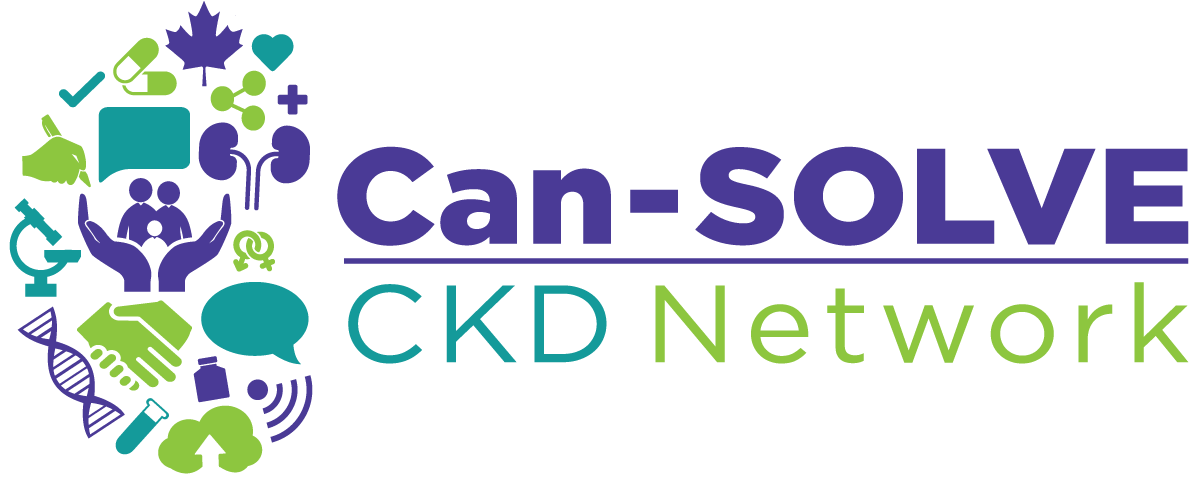Project Overview
Many patients with kidney failure will live longer and healthier lives if they receive a kidney transplant rather than dialysis. Unfortunately, there are too few deceased donors to meet the demand, and most patients wait years for a transplant. Some die while waiting. It is safe for a healthy adult to donate one of their kidneys to a patient with kidney failure. However, in Canada, only one-third of kidney transplants are from living donors.
Living donor kidney transplantation offers many advantages over deceased donor transplantation, including superior rates of graft and patient survival, shorter wait times, and lower health care costs. For these reasons, Canada is looking for ways to safely increase rates of living donor kidney transplantation.
By increasing awareness and breaking down barriers related to living kidney donation, the Living Donor Kidney Transplantation project aims to ensure that more patients with advanced kidney disease receive the best form of treatment available.
“Living kidney donation, as the gold standard of care, needs to be more accessible for all patients, regardless of age, gender, ethnicity, geography or income. Many patients aren’t aware of the benefits of receiving a living donor kidney over dialysis or deceased kidney transplant. This has to change. This research team, which includes patients and living donors, is breaking down barriers that patients and donors currently face while trying to receive a transplant, with the end goal of increasing living kidney donation rates and ultimately, save many more lives.” -Sue McKenzie, Patient partner and recipient of a living donor kidney
Can-SOLVE CKD Phase 1: Increasing the use of living donor kidney transplantation
Theme 1: Improving the Efficiency of the Living Donor Candidate Evaluation
To improve the efficiency of the living donor candidate evaluation, we did the following:
- Analyzed the evaluation process for living donor candidates in 15+ transplant centres in Canada.
- Surveyed living kidney donors, transplant recipients, healthcare providers, and administrators, and identified measures that transplant centres can use to monitor and improve the living donor evaluation processes.
- Analyzed the cost-effectiveness of evaluating multiple donor candidates simultaneously.
Major Findings
- Average time until donation is 10.3 months.
- Identified 20 measures that could improve the living kidney donor evaluation process.
- Benefits to evaluating multiple living donor candidates simultaneously:
- Cost savings of $5000 per recipient
- Shortened evaluation time by one month.
- A living donor transplant that occurs 3 months earlier results in:
- Higher transplant rates
- Lower healthcare costs
- Shorter time on dialysis.
Theme 1 resulted in several peer-reviewed manuscripts, with patients as co-authors.
Theme 2: Multicomponent intervention to improve access to kidney transplantation and living donation
In collaboration with living kidney donors, kidney transplant recipients, healthcare professionals, researchers and two provincial health system organizations (Ontario Renal Network and Trillium Gift of Life Network, both part of Ontario Health) the goal of Theme 2 was to increase the number of steps potentially transplant-eligible patients with advanced chronic kidney disease complete towards kidney transplant, including:
- Referral to a transplant centre for an evaluation
- Living donor contacting a transplant centre for an evaluation
- Being added to the deceased donor waitlist
- Receiving a transplant from a living or deceased donor
To achieve this, we developed the Enhance Access to Kidney Transplantation and Living Kidney Donation (EnAKT LKD) trial. A pragmatic, cluster-randomized clinical trial developed to determine if a multicomponent intervention provided in chronic kidney disease (CKD) programs helps potentially transplant-eligible patients with advanced CKD to complete key steps toward receiving a kidney transplant.
The EnAKT LKD trial:
- Twenty-six participating CKD programs and 6 adult transplant centres across Ontario, caring for >20,000 patients.
- The CKD programs were randomly assigned to either usual care (13 CKD programs) or the multicomponent intervention (13 CKD programs)
- The multicomponent intervention included four components:
- Administrative support to establish local quality improvement teams
- Transplant educational resources
- An initiative for transplant recipients and living donors to share stories and experiences (Transplant Ambassadors Program [TAP])
- Program-level performance reports and oversight by administrative leaders.
- Trial period: November 1, 2017, to December 31, 2021.
Major findings
Acknowledging the pandemic complicated intervention delivery, the EnAKT Trial team was unable to show this intervention increased access to kidney transplantation and living kidney donation. However, the team is not giving up. They along with others are committed to addressing this complex and important problem. The team is completing a process evaluation to optimize the future approach.
Value of the trial
While the findings of the trial were not what the team had hoped for, the intervention did result in several beneficial outcomes and demonstrated valuable strengths that could be used in future trials:
- The intervention was designed and implemented by diverse stakeholders, including administrators, healthcare staff, patients, and nephrologists. These stakeholders created and used new and valuable transplant educational materials.
- The trial resulted a culture shift at all CKD programs and transplant centres where staff are committed to robust assessments of quality improvement initiatives.
- The intervention was designed and implemented by diverse stakeholders, including administrators, healthcare staff, patients and nephrologists using new educational materials.
- Unlike other jurisdictions, because of this initiative, Ontario now monitors and tracks steps early in the transplant process, including when the individual is referred for a transplant, allowing for the trial to evaluate and monitor the patient journey in accessing kidney transplant.
- The creation of data-sharing agreements and data collection allowed CKD programs to receive detailed performance reports on transplant-related metrics for the first time.
- The extent of patient-partner involvement in the trial could pave the way for how we think about patient engagement in future trials. Patient partners played an integral role throughout the trial, including developing the research question, designing the intervention, and developing and leading a key component of the intervention, the Transplant Ambassadors Program (TAP).
The Transplant Ambassadors Program
TAP was created and led by patient partners and provides one-on-one support by transplant recipients and donors directly to thousands of patients and potential donors across Ontario. Due to its success over the past four years, TAP is now expanding across Canada.
Since the start of the EnAKT LKD Trial, transplant recipients and living donors who wanted to help fellow patients and donors came forward in large numbers to support other patients and donors. The trial started with 89 TAP ambassadors, but now boasts more than 200 ambassadors across Ontario and the Atlantic Provinces who speak 23 different languages and have logged more than 8000 meaningful interactions with patients and potential donors.
Citing the different that TAP has made for them, several patients and kidney donors who received support during their journey have joined TAP as Ambassadors. TAP Ambassadors have worked with thousands of patients, providing comfort, information, and hope directly to patients and donors as they navigate their kidney transplant journeys.
Can-SOLVE CKD Phase 2: Mobilizing Research Findings to Achieve More Living Donor Kidney Transplants
Our team is currently implementing Phase 2 of this project, where we will mobilize our Phase 1 research findings to achieve more living donor kidney transplants in Canada.
Specifically, in Can-SOLVE CKD Phase 2 we will:
- Develop benchmarks for an efficient living donor kidney evaluation (e.g., how long it should take for candidates to learn if they are eligible to donate).
- Translate metrics for an efficient living donor kidney evaluation into scorecards to track how well programs are meeting targets.
- Translate the results of our process evaluation evaluating our quality improvement intervention to help more eligible patients in Ontario receive a kidney transplant.
- Test and evaluate solutions to improve the efficiency of living donor kidney evaluations (e.g., the one-day donor evaluation clinic currently running at St. Joseph’s Healthcare Hamilton).
Our team is currently in the early phases of the project. We anticipate all objectives will be completed by 2026.
Our Patient Partners have been integral to the success and implementation of this project.
During the project, they have:
- Identified the research topics as a priority.
- Helped formulate the questions.
- Helped conduct the studies and interpret the results.
- Developed and implemented the Transplant Ambassadors Program.
- Developed the National Patient Partner Coalition, subcommittee of the Kidney Patient and Donor Alliance Canada
- Developed videos where they tell their own stories.
Contact
If you are interested in more information about this project, please contact Kyla.Naylor@lhsc.on.ca.
Phase 1 publications
Efficiency of the living kidney donor evaluation:
- Initiating Maintenance Dialysis Before Living Kidney Donor Transplantation When a Donor
- Healthcare Costs for the Evaluation, Surgery, and Follow-Up Care of Living Kidney Donors
- The Efficiency of Evaluating Candidates for Living Kidney Donation: A Scoping Review
- Duration of Living Kidney Transplant Donor Evaluations: Findings From 2 Multicenter Cohort Studies
- A RAND-Modified Delphi on Key Indicators to Measure the Efficiency of Living Kidney Donor Candidate Evaluations
- Potential implications of a more timely living kidney donor evaluation
- Evaluating multiple living kidney donor candidates simultaneously is more cost-effective than sequentially
Quality improvement intervention to improve access to kidney transplantation and living donation
- Increasing the Rate of Living Donor Kidney Transplantation in Ontario: Donor- and Recipient-Identified Barriers and Solutions.
- A Quality Improvement Intervention to Enhance Access to Kidney Transplantation and Living Kidney Donation (EnAKT LKD) in Patients With Chronic Kidney Disease: Clinical Research Protocol of a Cluster-Randomized Clinical Trial
- Protocol for a Process Evaluation of the Quality Improvement Intervention to Enhance Access to Kidney Transplantation and Living Kidney Donation (EnAKT LKD) Cluster-Randomized Clinical Trial.
- Partnering with Patients to Enhance Access to Kidney Transplantation and Living Kidney Donation.
- Enhance Access to Kidney Transplantation and Living Kidney Donation (EnAKT LKD): Statistical Analysis Plan of a Registry-Based, Cluster-Randomized Clinical Trial.
- Effect of a Novel Multicomponent Intervention to Improve Patient Access to Kidney Transplant and Living Kidney Donation The EnAKT LKD Cluster Randomized Clinical Trial
Living Donor Kidney Transplantation
Project lead(s):
Drs. Seychelle Yohanna, Kyla Naylor and Amit Garg
Patient lead(s):
Susan McKenzie
Research theme(s):
Transplantation
Connect with us!
Subscribe to receive updates from the Can-SOLVE CKD Network. Learn more about what we do, why it matters, and how you can get involved!




